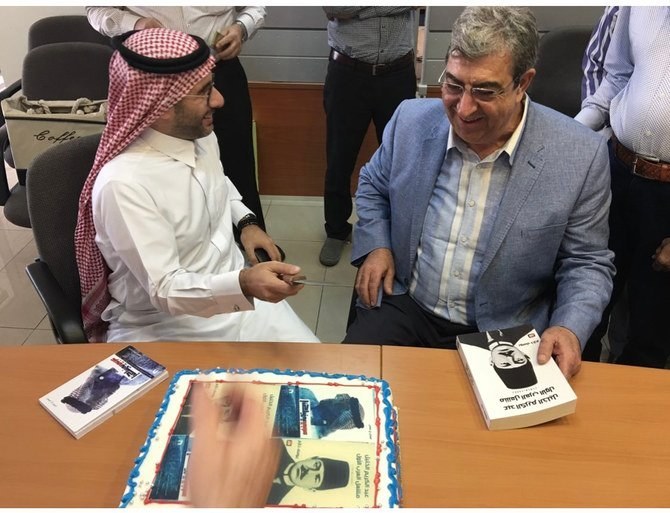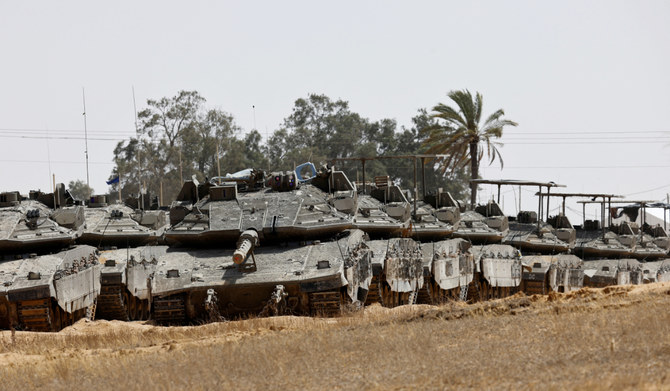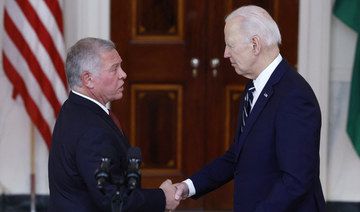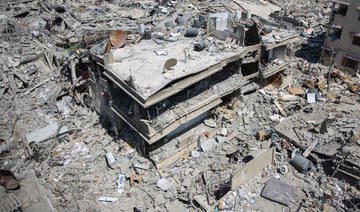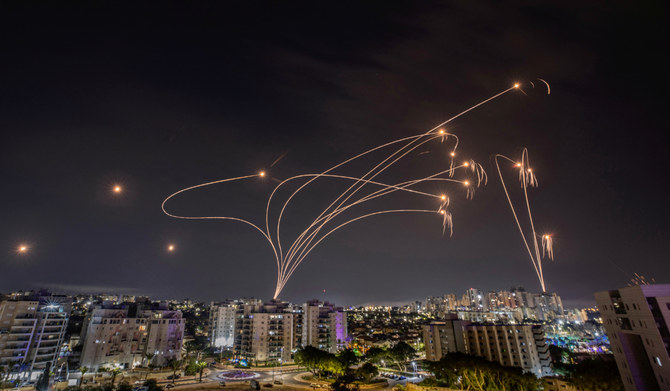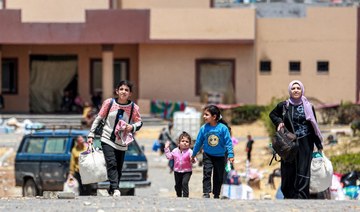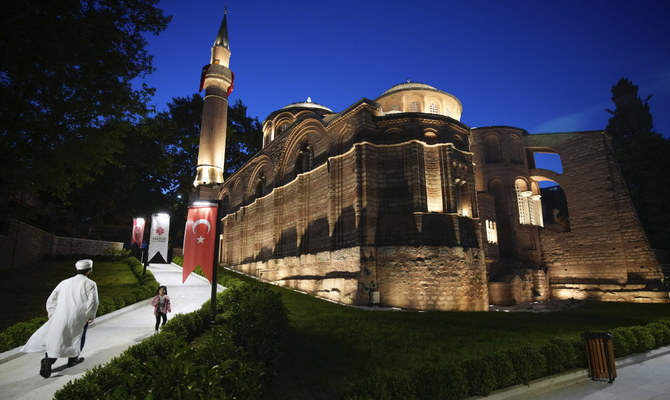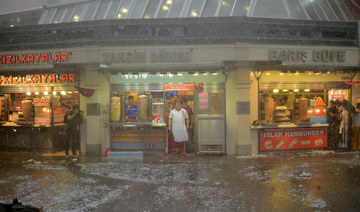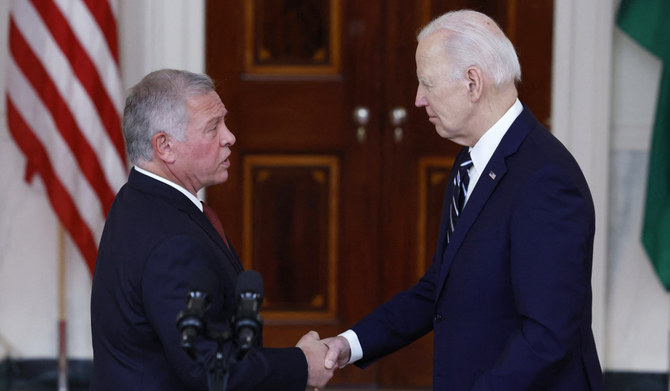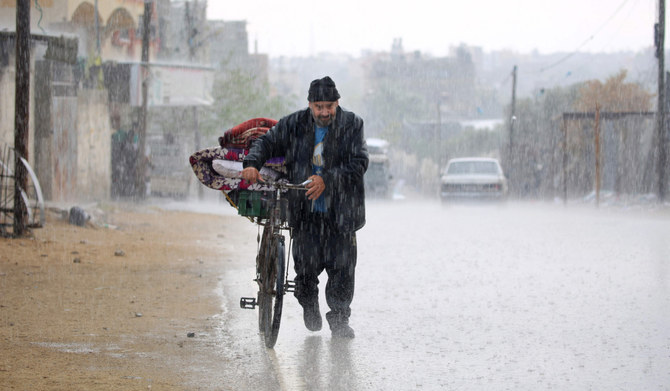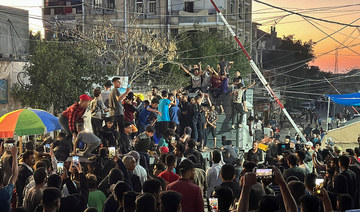LONDON: Renowned British Lebanese journalist Youssef Khazem has died after a battle with cancer. He was 64.
“I will miss a friend I have known since my university days in Beirut,” said his close friend Najia Al-Houssari, an Arab News reporter. “That friendship with Youssef did not break over decades. How can a friendship be broken with someone with such nobility, sincerity, calmness and love.
“Youssef, who had plenty of plans left to fulfill, was let down by cancer. Doctors gave him two years to live, but he was close to his fourth year. When the pain intensified, Youssef stopped fighting and surrendered to his destiny. He said he wanted to rest. Rest in peace my friend.”
Khazem was a pillar of strength within an often chaotic news industry. During a 30-year career he worked at more than a dozen newspapers and media organizations in the UK, the Arab world and Africa.

His area of expertise as a reporter was Africa, where he covered famine, wars and other conflicts for 16 years. Later, he made use of his extensive experience as a consultant for a number of newspapers, including Arab News where he was instrumental in its relaunch.
“He was kind, patient and incredible,” said Noor Nugali, assistant editor-in-chief of Arab News. “Arab News was going through a major transformation and he proudly showed off the pages and the new design, even asking for my opinion and taking into consideration my thoughts. He was a gentle father figure.
“My heartfelt condolences to his loving family. We have lost a great man but he will always be remembered as the knight in shining armor guiding the way.”
In addition to Arab news, Khazem’s reports appeared in many other newspapers, including pan-Arab daily Asharq Al-Awsat, Al-Hayat and As-Safir in Lebanon, and Saudi daily Al-Watan. He also contributed to Al-Arabiya English and the BBC.
Opinion
This section contains relevant reference points, placed in (Opinion field)
“This is very sad news for the media community,” said Ghassan Charbel, editor-in-chief of Asharq Al-Awsat. “Youssef used to leave his mark on both the professional level, and the level of personal friendship.
“When he went on a mission abroad, he used to look at things from a different angle to come back with a unique and different press report. As for his work at the office, he left a mark through his patience and openness when dealing with his colleagues and junior journalists.
“On the level of personal friendship, Youssef was keen to always be friendly with everyone, even if they had different opinions and political orientations. His eyes were set on the future for the sake of development, and he turned to training in order to leave a footprint in the future of journalism through junior journalists.”
Eyad Abu Chakra, senior editor with Asharq Al-Awsat and an Arab News columnist, worked with Khazem for years and remembers him fondly.
“It is painful indeed to talk of Youssef Khazem in the past tense, as we knew and befriended each other for several years,” he said. “Our first meeting, in London, was during his work at Al-Hayat. My first impression then was that he was a gentle giant, very kind, approachable and sociable.
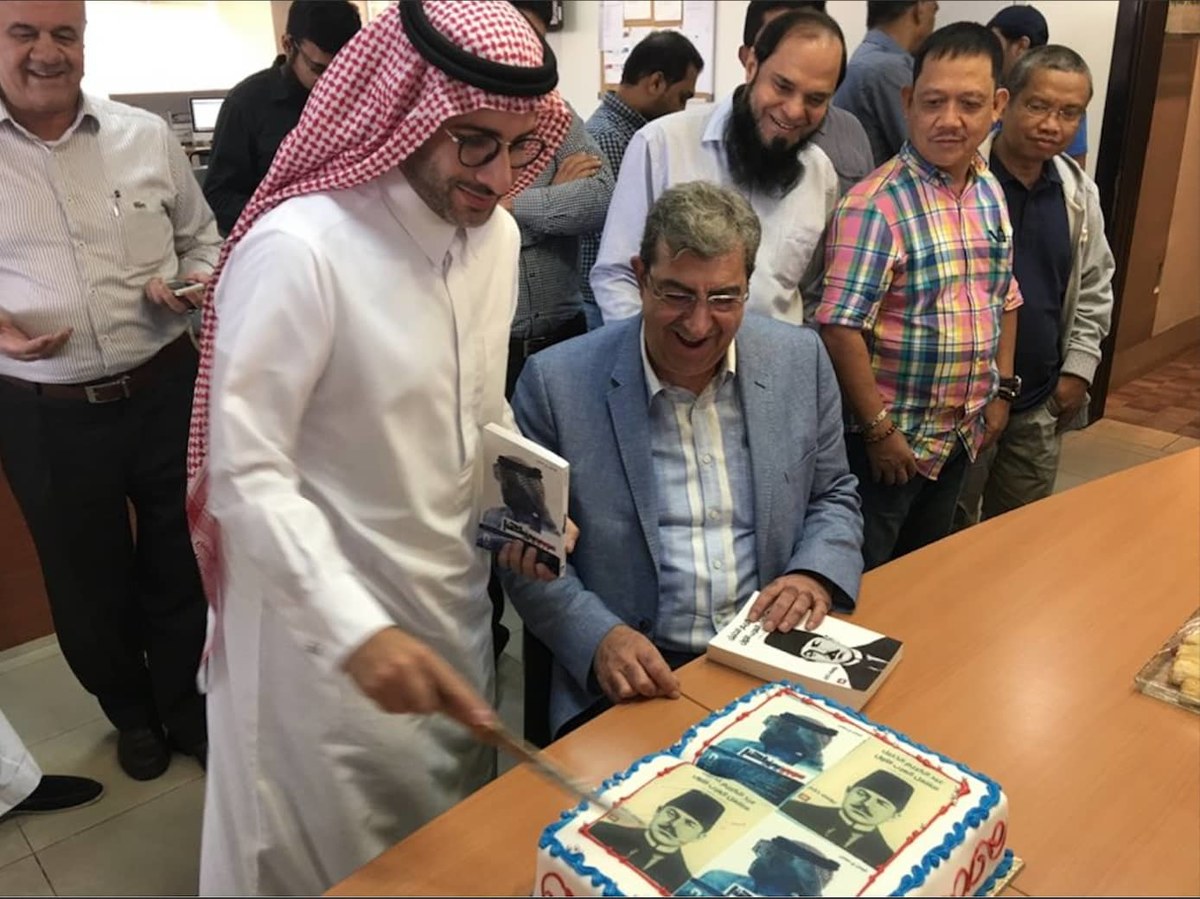
“Personality aside, his professional expertise was also pretty impressive. He was undoubtedly one of the best Arab experts in African affairs, especially the horn of Africa, in which he became a reliable authority and highly respected source.”
In addition to his written work and reporting, Khazem’s media expertise was highly sought after globally as a trainer for organizations such as the BBC World Service Trust, Internews Europe, the British Council, the International Criminal Court at the Hague, and Fojo, the Swedish Institute for Further Education of Journalists. He also organized multimedia training programs with the UK Press Association.
“In his presence, I felt inspired, intellectually stimulated and wanted to always squeeze his brain with in-depth discussions of the state of our region,” said Eman El-Shenawi, a former opinion editor at Al-Arabiya English. “I remember him breaking down the Nile dam crisis to me, and the way he explained it was so effortless I immediately asked for a piece,”.
“His writing was smooth, easy reads that you actually learned from. Rest in peace dear Youssef, a kind and gentle giant who I will never forget.”
Ali Al-Zaid, from the Saudi Ministry of Media, said: “In my personal experience with Mr. Youssef, his name was always connected to his mission to improve journalism in Saudi Arabia and put it on the same level as global journalism in terms of courage and integrity. He never had personal gains or opinions that stood between him and his goal.
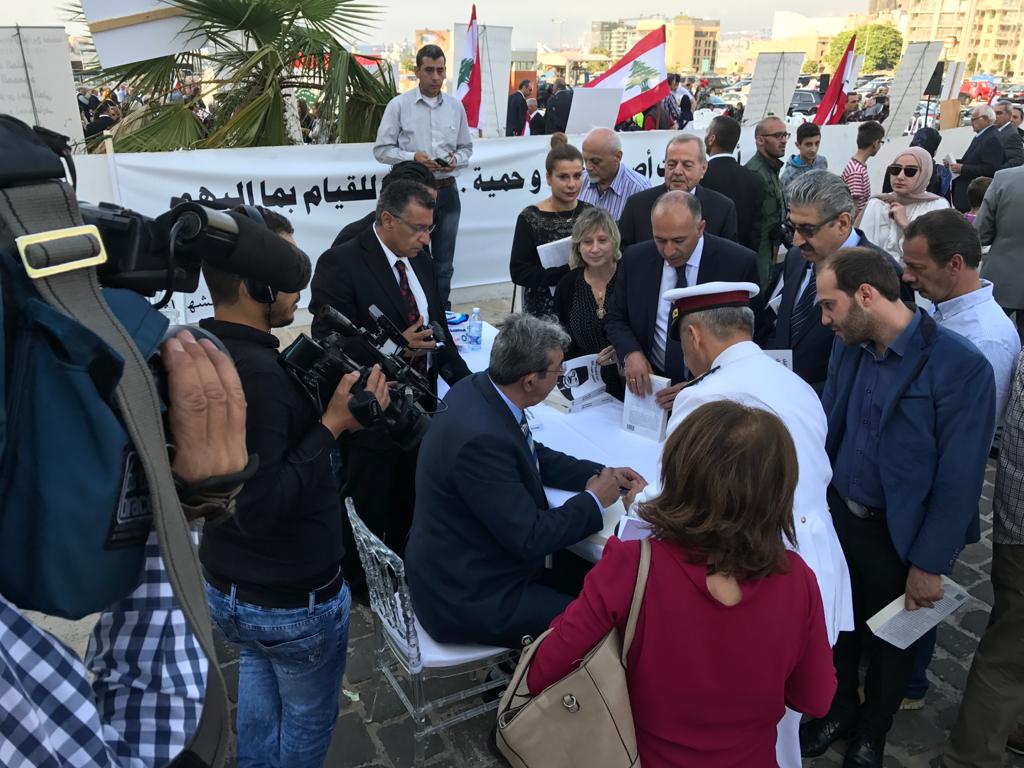
“I worked with him for three years at Al-Watan newspaper and I can remember his (contribution to) making Al-Watan one of the best Saudi newspapers at that time.”
Arab News Business Editor Wael Mahdi said: “The first time I met Youssef was in 2009 when he was working on developing a Saudi local newspaper, as he was trying to introduce newspapers to survival methods in this dynamic environment.
“He was always quiet, sitting remotely in his office, but he was following everyone from far. I met him again years later when he was working with Arab News, and I can say that he always brought new ideas everywhere he went.”
Saudi journalist Jasser Al-Jasser said: “Youssef Khazem was one of the most prominent journalists at the Saudi Al-Watan Newspaper. He had developmental skills in every institution he worked at and left his mark everywhere he worked.
“In addition to being a person gifted with a set of journalistic skills, he was a creative individual. He left a significant developmental mark in every newspaper he worked at. On a personal level, Khazem was a very well-mannered person with a cheerful spirit.”



